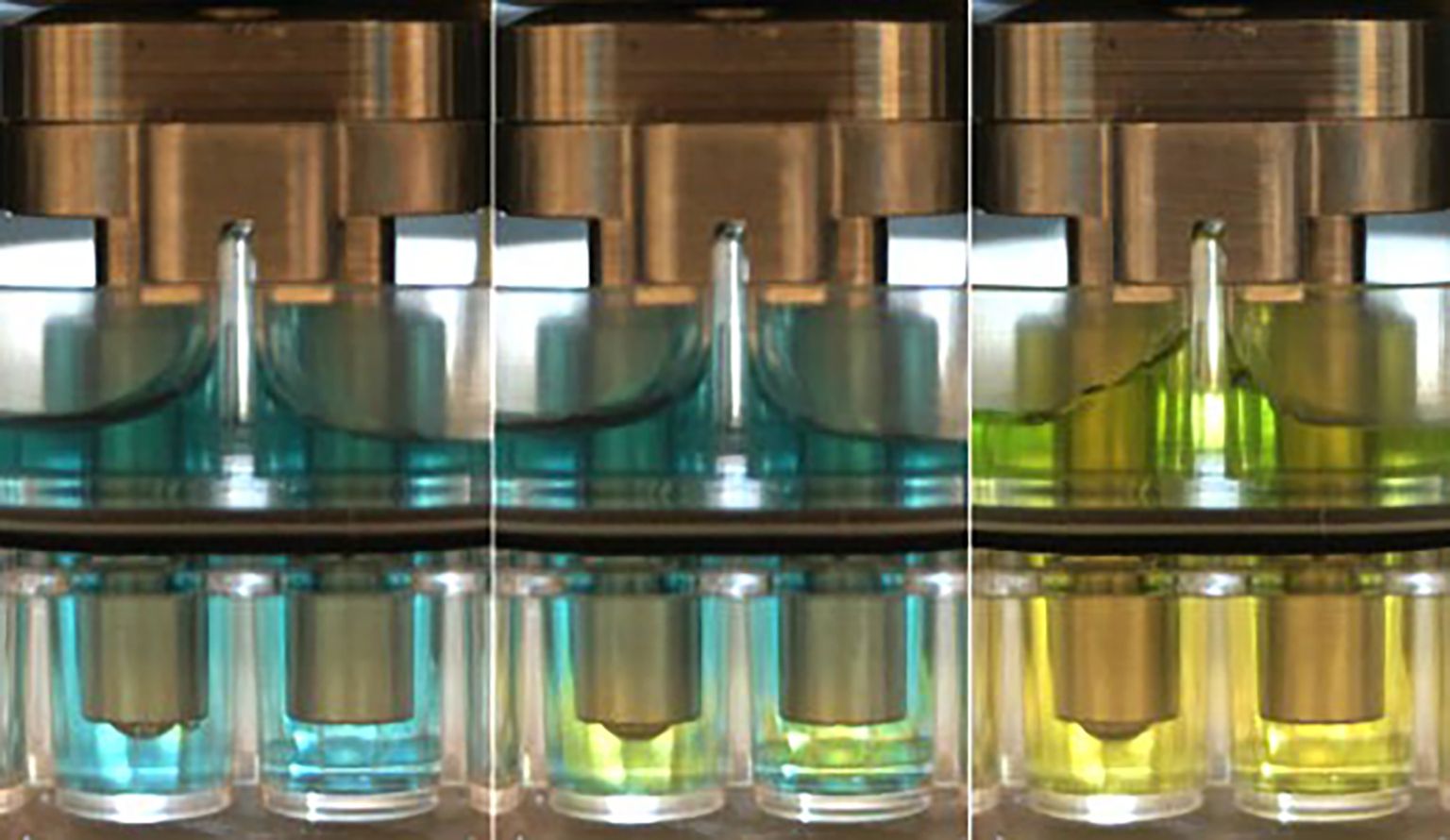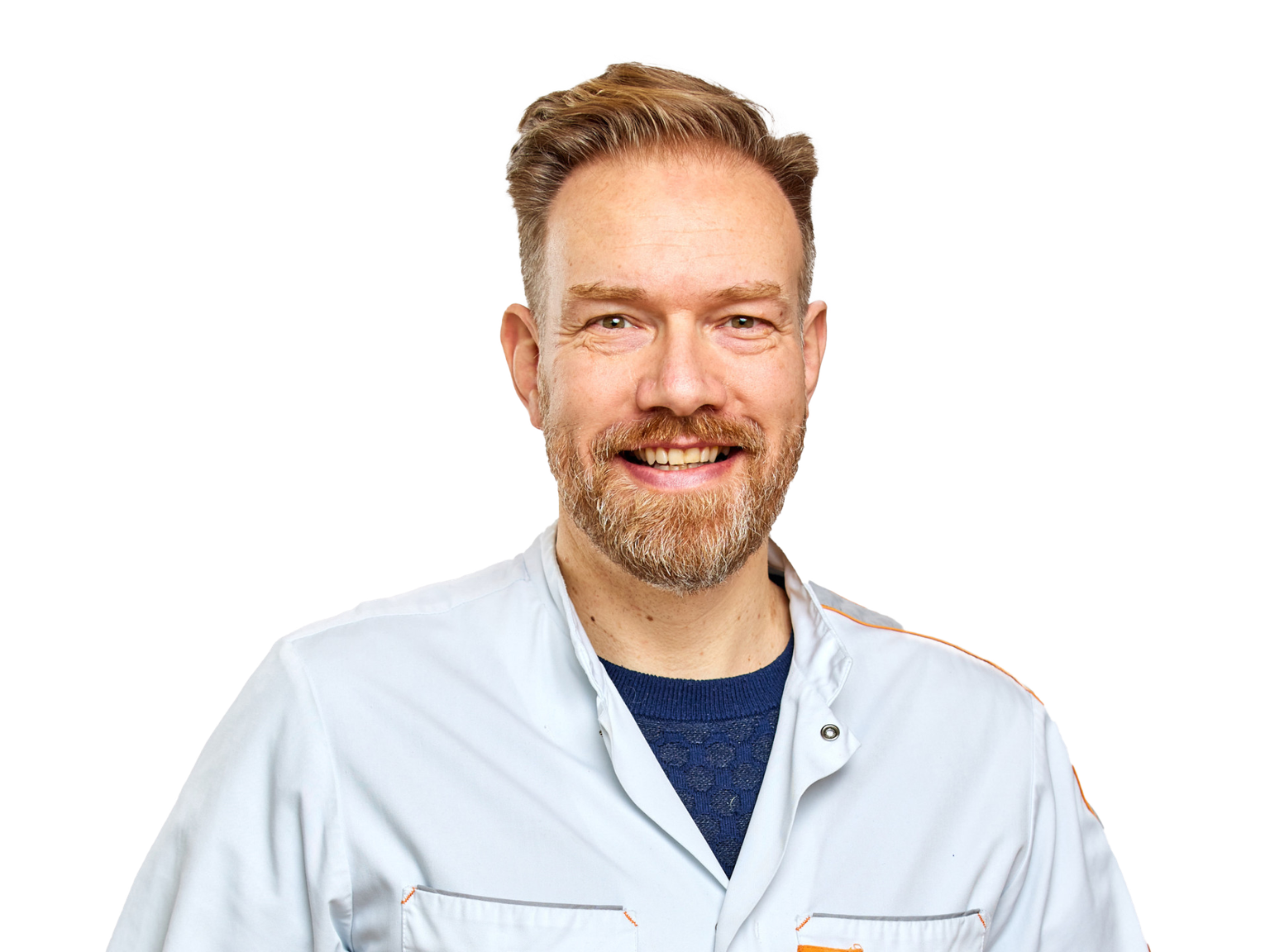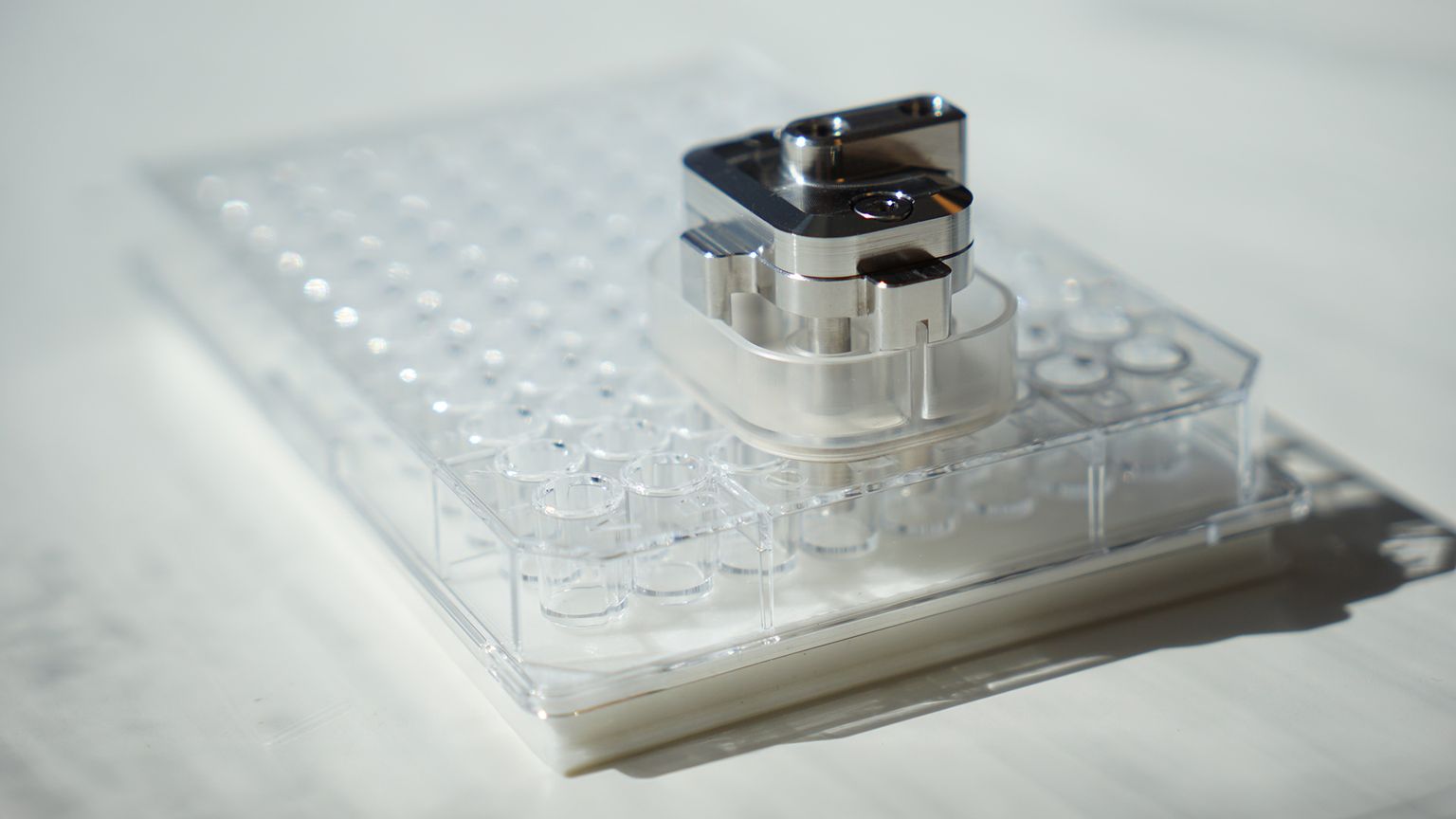About the δypha project
Our solutionsThe goal of δypha is to improve cell culture and drug testing with automated and continuous fluidic control in standard cell culture plates
The international consortium has received a European Innovation Council Transition grant of 2.5 million euros for bringing Sync Biosystems’ technology from pilot to product.
Industrial and research leaders, integral members of the consortium, participate as end users: Charles River Laboratories, Princess Máxima Center for Pediatric Oncology and Bambino Gesù Children’s Hospital. With dedicated showcases, they will demonstrate how the technology impacts their drug development assays and their search for better therapies for patients.
To translate the results from the in vitro technology to patient-relevant levels, consortium partner ESQlabs will develop specific physiologically-based computational models.
The driver behind δypha.
The preclinical drug development pipeline presents opportunities to improve efficiency, with over 90% of drugs failing in clinical trials. To accomplish this, the predictivity of currently used cell culture models needs to be further increased. One of the aspects missing in current cell culture systems is the right time scale of changes in the cell culture medium.
Many processes in the human body have time scales in the order of seconds, minutes or hours. In standard cell culture used for drug testing, however, this kinetic component is not incorporated. Being able to apply dynamic alterations in the cellular environment is crucial for advancing our understanding of cellular behavior.
Similarly, researchers could use such alterations for simulating fluctuating drug concentrations as seen in patients, enabling a more accurate exploration of the complex relationships between drug exposure and its therapeutic or adverse effects.
However, because user-friendly technology to dynamically control cell culture conditions is lacking, scientists currently rely heavily on animal models to study drug kinetics. Potential limits in translatability of results obtained in animals to the human situation, coupled with the goal of reducing or even replacing animal models (3Rs Principle), underscores the need for developing alternatives in biomedical research.
δypha’s solution
Sync Biosystems solves this problem by connecting cell culture devices to their fluidic control system. The technology is based on a specifically designed adapter, connecting standard cell culture devices to the automated fluidic control system, thereby allowing the supply of user-defined drug concentrations at any given point in time.
This gives cell culture biologists the ability to control how the medium or drug concentrations change over time, without changing their regular workflow. Based on clinical data we know that the order and timing of supplying different drug combinations can have a huge effect on the ability to kill tumor cells. With the δypha technology we can now test different drug combinations in an informed and automated manner.
One of the reasons why control is difficult is because the cell culture should not experience any shear stress or turbulence, making it challenging to change the environment of the cells. Traditional (automatic) pipettes cause such effects while Sync Biosystems’ solution has been proven to be more gentle than a pipette – even allowing cells in suspension to be automatically refreshed while keeping cell loss at the very minimum. The key to this lies in the design of the plug-and-play adapter.

“If we cannot control how drug levels change over time in our model, we can never understand what actually happens in a patient. The cell culture models that we use are of high value, but we need to subject them to the right, patient-like conditions.”
Dr. Dannis van Vuurden
Pediatric oncologist at the Princess Máxima Center
for Pediatric Oncology

European subsidy to make impact.
Precisely these kind of innovations that are scientifically sound and have the potential to make an enormous impact on the world are what the European Innovation Council is looking for.
Making actual impact requires more than just solid science. Sync Biosystems’ CTO and co-founder Dr. Berend van Meer: “Winning this prestigious grant confirms that our technology can become a gamechanger in cell culture and drug testing. Now we must take the next step in product and market development. With the EIC funding we will be able to mature the δypha technology and, together with our partners, we will demonstrate the impact of our technology on addressing the challenges they presently encounter.”
Director of Biology Tessa de Korte adds: “With the level of control we aim to achieve here, we can perform experiments in cell culture that were previously not possible. We scale our operations beyond what’s achievable in animal models. Increasing the predictive power of cell culture models holds the promise of significantly reducing the reliance on animal testing.”
About Princess Máxima Center for Pediatric Oncology
www.prinsesmaximacentrum.nlWhen a child is seriously ill from cancer, only one thing matters: a cure. That is why in the Princess Máxima Center for Pediatric Oncology, we work together with passion, pushing the boundaries to improve survival and quality of life for children with cancer.
Now, and in the long term. Because children have their entire lives ahead of them. The Princess Máxima Center for Pediatric Oncology is no ordinary hospital but a research hospital, the biggest childhood cancer center in Europe.
Here, more than 400 scientists and 900 healthcare professionals work closely with Dutch and international hospitals to find new treatments and new perspectives for a cure. In this way, we offer children today the very best care, and take important steps toward improving survival for the children who are not yet cured.
About ESQlabs
www.esqlabs.comESQlabs, led by CEO Dr. Stephan Schaller, provides modelling and simulation solutions in the field of pharmacokinetic/pharmacody- namic and PBPK modeling, as well as physiology-based quantita- tive systems pharmacology. It utilizes the open source OSP Suite, to which it actively contributes in development and participates in the user-community.
ESQlabs currently offers various services, including model develop- ment and refinement, data integration, and consulting for clients in life sciences and pharmacology. ESQlabs has a team of over 30 scientists with extensive expertise in areas such as modeling, statistics, pharmacology, and software development.
The application scope and user base of the OSP Suite for creating digital representations of human biology is constantly growing. Principial Scientist Christian Maass, PhD, is leading the platform development for digital twins for organ-on-chip and micro-physio- logical systems, whose expertise will be essential in the project.
About Bambino Gesù Children’s Hospital
www.ospedalebambinogesu.itThe Bambino Gesù Children’s Hospital, an institution belonging to the Holy See, is one of the largest European pediatric hospitals and research centers. The research laboratories of the hospital are equipped with the most modern technologies for cellular, molecular and genetic research and with a Pharmaceutical GMP facility dedicated to the production of drugs for advanced therapies.
In particular, the Pediatric Onco-hematology Research Area develops new molecular diagnostic approaches aimed at the stratification of pediatric cancer patients and leads national and international studies focused on the development of innovative cell and gene therapy protocols, from bench to bed side, running Phase I/II clinical trials.
Every year, around 400 cancer patients come to OPBG for treatment. Of those patients, 120 are patients affected by tumors of the central nervous system. Maria Vinci, PhD, leads the Pediatric High-Grade Glioma group. Her team has long lasting expertise on the generation of primary patient-derived cell models. The development and preclinical applications of diffuse midline glioma models will be vital to demonstrate the power of δypha system.
About Biosystems
www.syncbiosystems.comFounded in 2022, Sync Biosystems aims to increase the level of control over existing cell culture models by leveraging high-tech engineering.
Having experienced cell culture biologists and engineers, Sync Biosystems ensures their solutions are plug-and-play so end users do not need to change the way that they work.
While developing the fluidic control product, the team has an in-house system to provide contract research service to customers. Sync Biosystems is located at the Leiden Bio Science Park, the Netherlands, and is part of the Demcon group.
About Charles River Laboratories
www.criver.comCharles River provides essential products and services to help pharmaceutical and biotechnology companies, government agencies and leading academic institutions around the globe accelerate their research and drug development efforts. Our dedicated employees are focused on providing clients with exactly what they need to improve and expedite the discovery, early-stage development and safe manufacture of new therapies for the patients who need them.
About Demcon
www.demcon.comDemcon (1.100+ employees) develops, produces, and supplies technology and innovative products.
The Demcon group has locations in Best, Enschede, Delft, Groningen, Leiden, Maastricht (the Netherlands), Münster (Germany), Tokyo (Japan), and Singapore.
The company was born out of the founders’ passion for combining creativity and technical skills to solve complex issues of a technological and social nature. In addition, Demcon is committed to stimulating entrepreneurship, and investing in talent and education.

